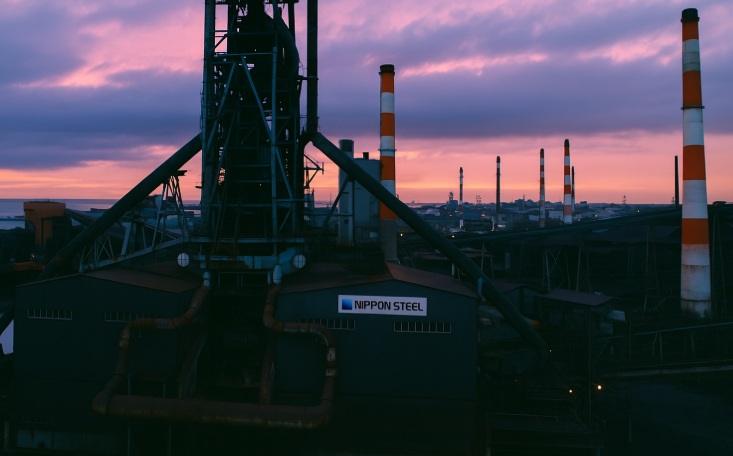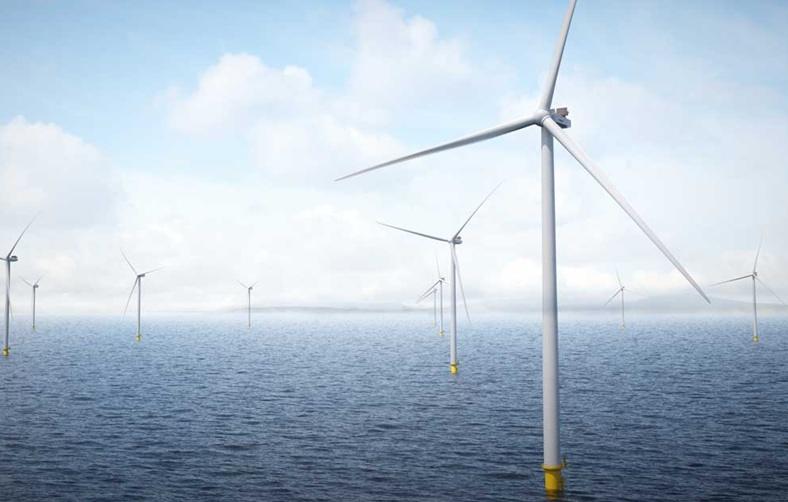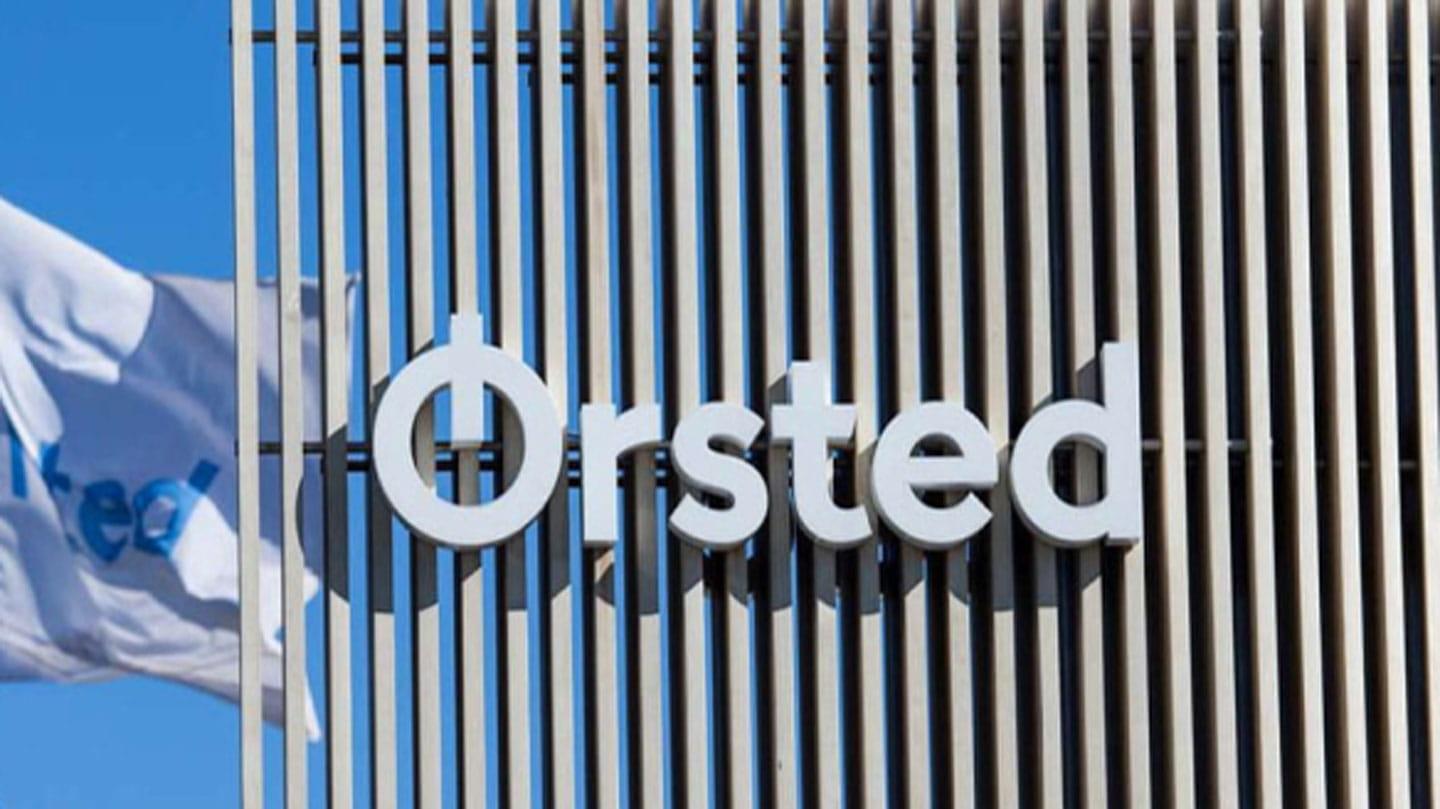Nippon Steel to Invest $6 Billion to Decarbonize Steelmaking
Japan’s Nippon Steel announced plans to invest ¥870 billion (USD$6.05 billion) to transition from traditional blast furnace steelmaking processes to electric arc furnace (EAF) technology at three of its Japanese plants, in a move aimed at significantly reducing the carbon emissions of steel production.
Steelmaking is one of the biggest emitters of CO2 globally, and one of the more challenging sectors to abate, with total greenhouse gas emissions (GHG) from the sector accounting for 7% – 9% of direct emissions from the global use of fossil fuels.
In March 2021 Nippon Steel announced its Carbon Neutral Vision, which aims to reduce the company’s CO2 emissions by 30% by 2030 and achieve carbon neutrality by 2050. Its plan consist of two approaches, firstly to lower the emissions of its own operations by decarbonizing the steelmaking process, and secondly to provide steel products and solutions that help its customers reduce their emissions.
In 2023, the company announced a series of actions that it would take to address its carbon footprint, including plans to begin the shift to Electric Arc Furnace (EAF) steelmaking from blast furnace (BF) steelmaking.
As opposed to burning coal, an EAF uses electric currents to create the heat needed to melt and mold metal. The shift to EAFs comes with high capital costs and increased expenditures for raw materials and electricity.
Nippon Steel’s investment includes the construction of a new EAF at its Kyushu Works plant, alongside the expansion and revitalization of two other facilities. Combined, they are expected to yield a capacity of 2.9 million tonnes of steel every year, with the facilities anticipated to be in production in fiscal 2029.
At the end of 2024, Nippon Steel announced it had achieved a 43% reduction in carbon emissions from a test furnace at East Nippon Works.
The company’s new commitment has been backed in part by the Japanese government under the Green Transformation (GX) Promotion Act, with the government expected to help navigate the economic challenges through targeted subsidies to the tune of $1.75 billion by 2029.
Nippon Steel’s company message said:
“While the conversion from the blast furnace steelmaking process to the electric arc furnace steelmaking process would work to significantly reduce CO2, it would require substantial capital investment and lead to considerable increases in production costs, including costs for raw materials and electricity. It is therefore necessary for Nippon Steel, as a private enterprise, to ensure predictability of investment recovery to carry out such an investment.”
Although Nippon Steel is making progress with its domestic green initiatives, the steelmaker has faced hurdles internationally.
Its proposed acquisition of US Steel – first floated in 2023 – drew sharp criticism from American labor leaders, who have cited the potential for job losses and union erosion.
Meanwhile, despite his initial opposition, President Donald Trump has since reversed his stance and is now endorsing the deal, arguing that it will be a revitalizing force for the struggling US steel industry.





